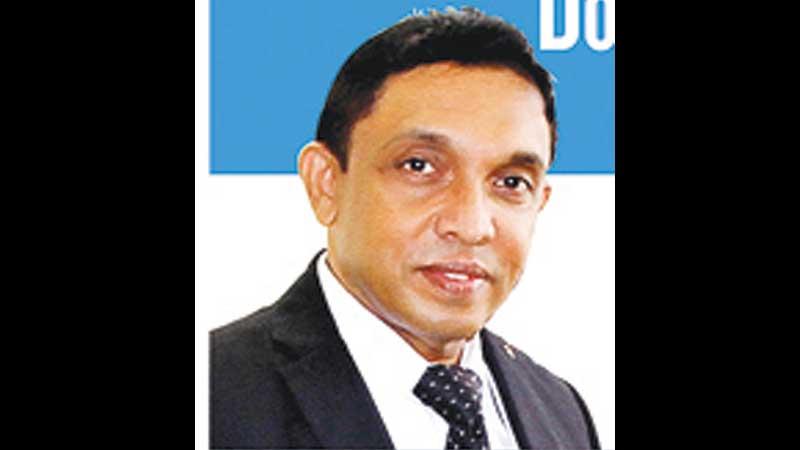
The country is suffering from an acute shortage of foreign exchange due to erroneous policy decisions of previous governments which failed to look at the broader picture of the economy and take timely measures, said a well known economist last week. He said borrowing from lenders could be a short-term measure but there has to be long term sustainable and viable solutions to boost economic growth.
Professor in Economics, University of Colombo, Sirimal Abeyratne said the current foreign exchange problem is not a result of the Covid-19 pandemic. Other countries in Asia, including those which are poorer than Sri Lanka do not have a problem as such. It is a result of long-term policy errors of the past governments. It is a question of how to find “microwave solutions” for a long-term issue. Bilateral or multilateral borrowings may help us to manage the current problem, but they do not bring the economy to the safety zone.
Former Central Bank Deputy Governor Dr. W.A. Wijewaradena said last week that there’s no option other than to seek assistance from the International Monetary Fund.
He said it’s not a loss of face because Sri Lanka is a member of the international donor and the Fund was set up to help members in trouble. Sri Lanka sought a bail out from the IMF during the former regime to bolster the shrinking foreign reserve base and support the balance of payments.
Statistics reveal that Sri Lanka’s cHowever, according to the senior official of the Central Bank the country is at a comfortable position with regard to reserves and that there is no threat to the fulfillment of foreign debt obligations.
The Central Bank Governor told the media last week that the Government has been able to substantially reduce its foreign debt to GDP ratio to about 40 percent and the face value of foreign debt from USD 34.1 billion at end 2019 to USD 32.2 billion by end March 2021, while successfully meeting its maturing debt service obligations as a result of the measures taken by the Government in the past one and half years.
He said the country to-date has not defaulted and it would not in the future.
“We have met all debt obligations on time and will continue to do so in the future. Adverse speculation on the economy only aggravates the position rather than a service to the country. The Governor said to enable the country to perform this formidable task amid reduced foreign currency inflows, Sri Lanka introduced measures to rationalise selected non-essential imports.
Some of these restrictions have been gradually removed, although the Central Bank is of the view that there is further space to curtail nonessential and non-urgent imports, given the continued challenges emanating from multiple waves of Covid-19,” the Governor said.
